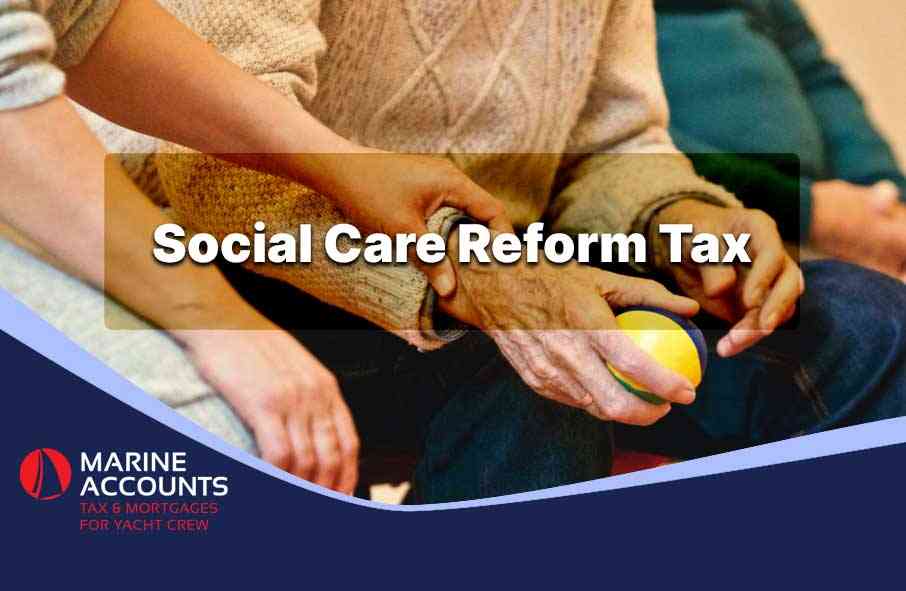Social Care Reform Tax
- Authors
-
-

- Name
- Patrick Maflin
-


UK Prime Minister, Boris Johnson set out plans to increase the tax on millions of workers to help social care reform and clear the NHS backlog caused by the Covid pandemic.
The new health and social care levy will be paid by all working adults, including those over the state pension age; unlike other national insurance contributions (NIC).
In addition to the health and social care levy, there will also be a 1.25% increase in the dividend tax; to ensure those who receive their income from shares also contribute.
The rise in NIC will take effect from April 2022.
From 2023, the health and social care levy element will then be separated out and the exact amount employees pay will be visible on their pay slips.
From October 2023, anyone with assets under £20,000 have their care costs covered by the state, whilst those with between £20,000 and £100,000 will be expected to contribute to their costs but will also receive state support.
Read on to find out more or click a link below to jump chapter.
Chapters
Breaking Down The Figures

Image source: https://www.pexels.com/photo/notebook-mathematics-notes-business-7111481/
Paying a National Insurance contribution is mandatory if you’re 16 or over and either an employee earning above £184 a week, or self-employed and making a profit of £6,515 or more a year.
From April 2022
- the current 12% rate on earnings between £9,564 and £50,268 will rise to 13.25%
- the current 2% rate on earnings over £50,268 will rise to 3.25%
- employers will also have to pay more, contributing 15.05% in National Insurance on employees' earnings over £170 per week, up from 13.8% now
"People who earn under £9,564 don’t have to pay National Insurance or the new levy." the BBC reported.
But unlike National Insurance Contributions, the new levy "will also be paid by pensioners who work", the broadcaster added.
According to analysis by financial services group Hargreaves Lansdown, this is how the changes will affect take-home earnings:
- £10,000 salary: £52 paid now; £57 with 1.25% increase - £5 extra each year
- £20,000 salary: £1,252 paid now, £1,382 with 1.25% increase - £130 extra each year
- £30,000 salary: £2,452 paid now; £2,707 with 1.25% increase - £255 extra each year
- £40,000 salary: £3,652 paid now; £4,032 with 1.25% increase - £380 extra each year
- £50,000 salary: £4,852 paid now; £5,357 with 1.25% increase - £505 extra each year
Contact Us
If you have concerns about your taxable income and how the social care reform affects you, we would like to hear from you.
Feel free to get in touch with us today or let us know your thoughts in the comments section below.
Disclaimer: Any advice in this publication is not intended or written by Marine Accounts to be used by a client or entity for the purpose of (i) avoiding penalties that may be imposed on any taxpayer or (ii) promoting, marketing or recommending to another party matters herein.


